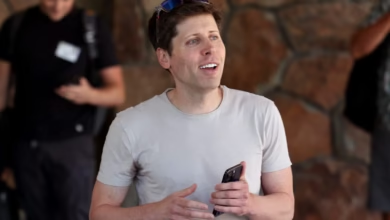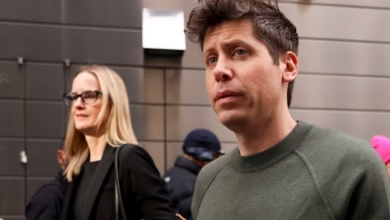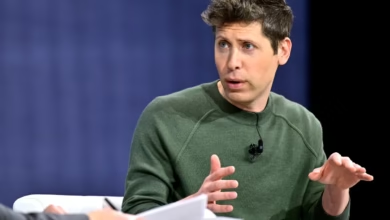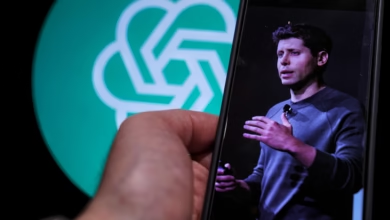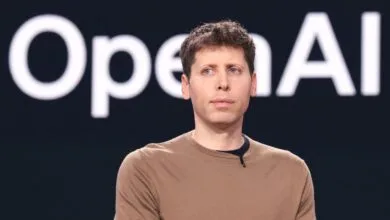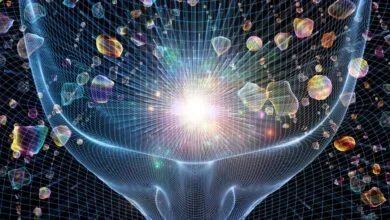Sam Altman Relies on ChatGPT for Newborn Parenting Advice
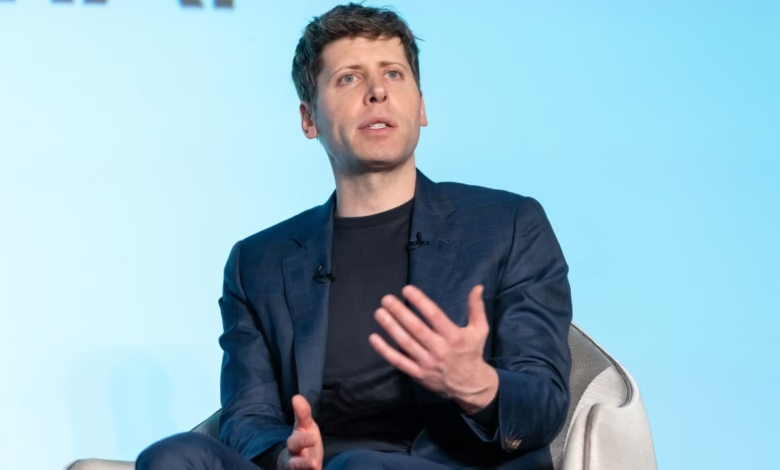
▼ Summary
– Sam Altman, OpenAI CEO and new father, frequently used ChatGPT to answer baby-related questions during his son’s early weeks.
– Altman acknowledges that while parents historically relied on sources like Google, AI tools like ChatGPT present new concerns due to potential hallucinations.
– Parents often turn to unverified sources for child-rearing advice, raising questions about whether ChatGPT is fundamentally different from other online resources.
– Altman and others discuss how young children may grow up assuming AI has always existed, potentially forming problematic parasocial relationships with the technology.
– Despite potential downsides, Altman remains optimistic about AI’s benefits, emphasizing society’s ability to mitigate risks while advancing the technology.
Parenting in the digital age has taken an unexpected turn as OpenAI CEO Sam Altman reveals relying on ChatGPT for newborn care advice. The tech executive, who recently became a father, shared how artificial intelligence has become his go-to resource for deciphering infant behavior and developmental milestones during those challenging early months.
Altman humorously acknowledged that humanity survived for millennia without AI-powered parenting assistants, yet finds himself constantly querying ChatGPT about everything from interpreting his baby’s cries to understanding growth patterns. While this mirrors the modern habit of frantic late-night Google searches, it raises interesting questions about how AI is reshaping traditional parenting practices.
The discussion highlights a growing trend where exhausted parents turn to digital solutions when human expertise isn’t immediately available. Unlike parenting forums filled with conflicting opinions or alarmist social media groups, AI offers instant responses, though concerns about accuracy persist given the technology’s occasional hallucinations. Altman himself recognizes these limitations, noting society will need to establish boundaries as AI becomes more embedded in child-rearing.
Interestingly, the conversation extended beyond parental use to how children interact with AI systems. Altman described toddlers instinctively treating magazines like tablets, suggesting future generations will view smart AI as an inherent part of reality. Anecdotes about kids forming hour-long conversations with ChatGPT about beloved cartoon characters illustrate both the technology’s engagement potential and its uncharted psychological impacts.
While children’s programming currently involves human creators, AI lacks built-in safeguards for young users, OpenAI’s guidelines explicitly discourage use by those under 13. Altman openly admits the road ahead includes challenges, from problematic attachments to unforeseen consequences, but remains optimistic about society’s ability to manage these issues.
The broader implications are clear: AI is transforming family dynamics in ways we’re only beginning to understand. As developers race toward artificial general intelligence, real-world applications like parenting assistance demonstrate both the technology’s promise and the need for thoughtful implementation. For now, exhausted parents worldwide might relate, whether consulting AI or scrolling parenting blogs at 3 AM, the quest for answers remains universal.
(Source: TechCrunch)
